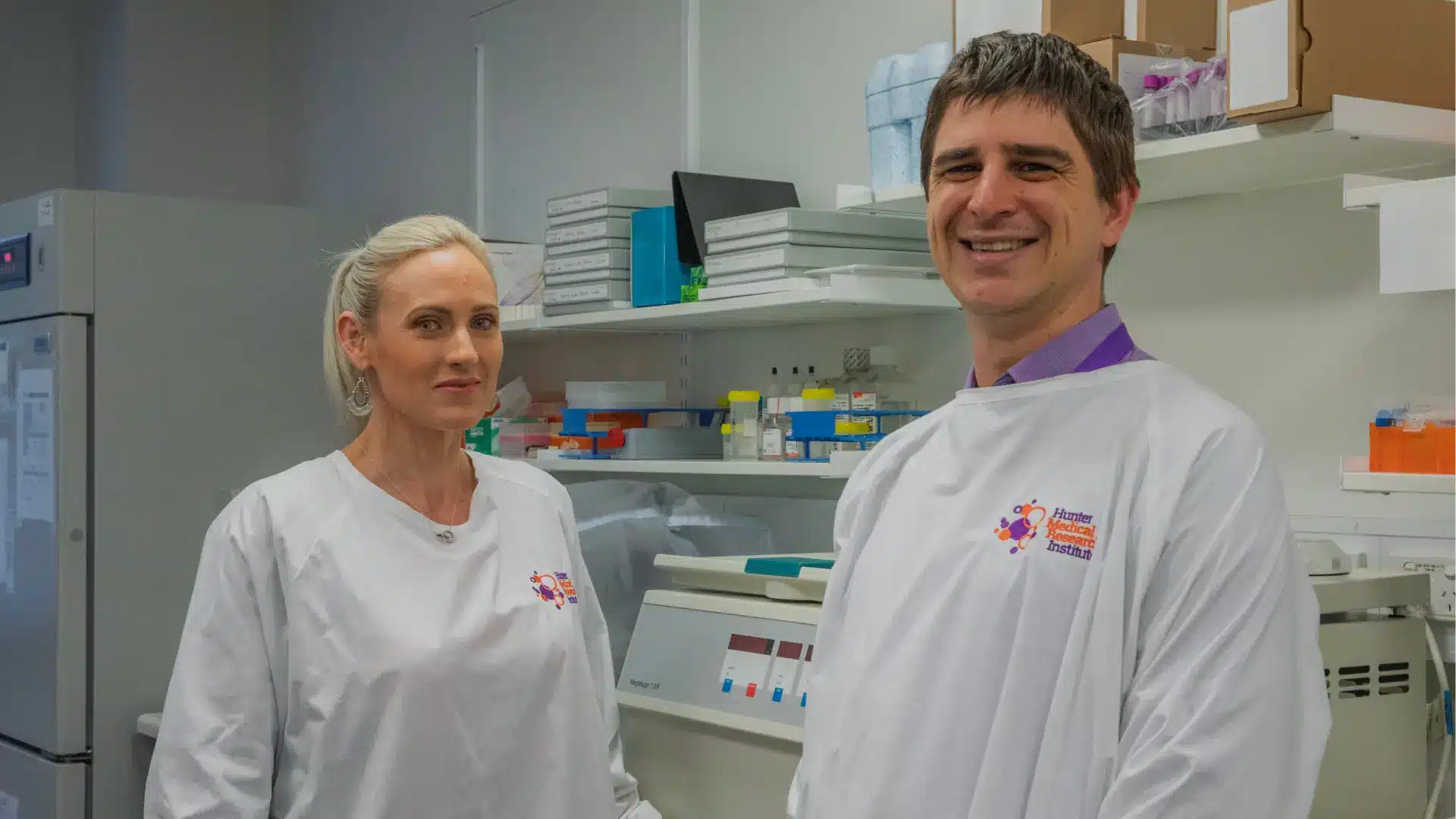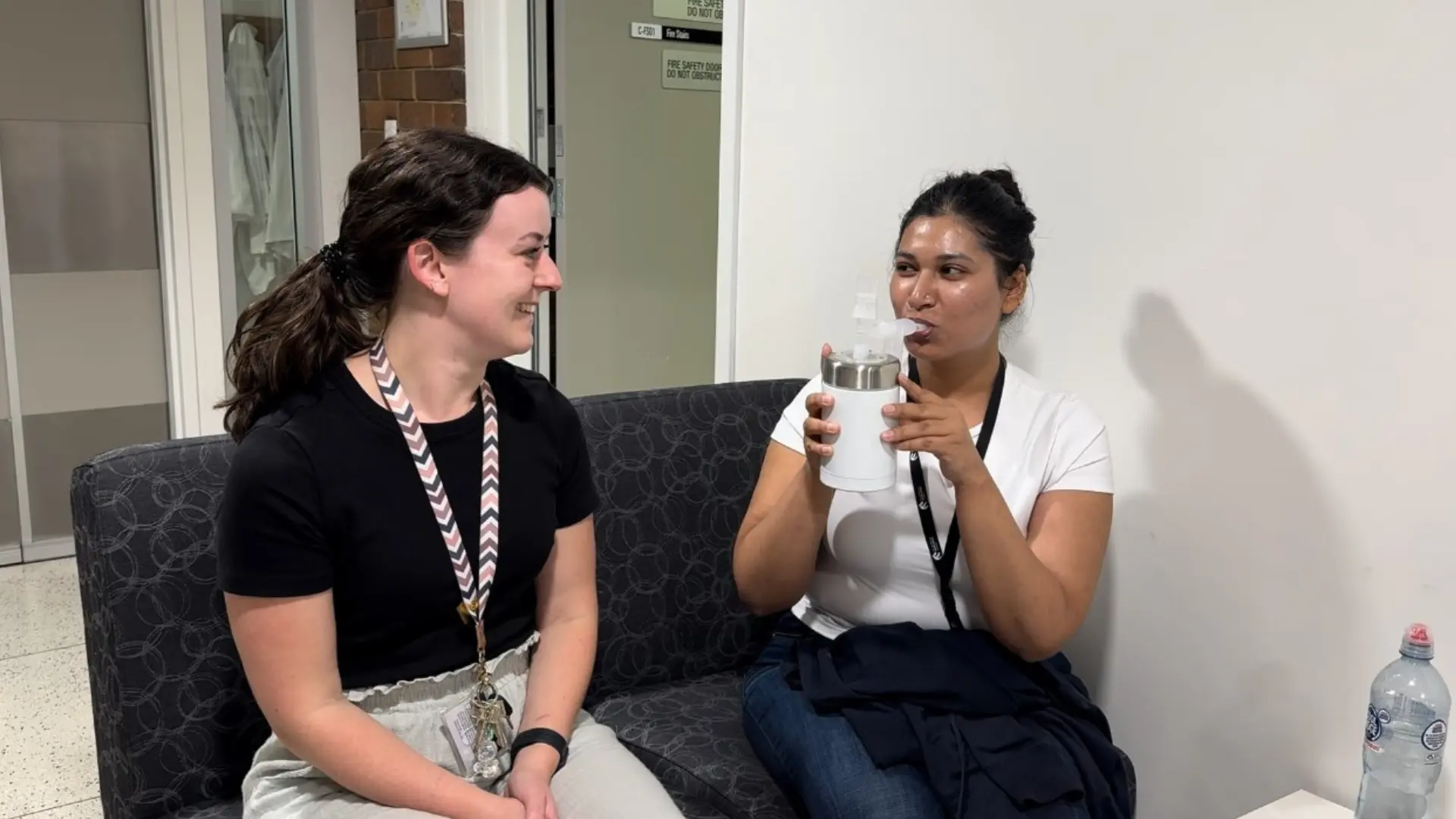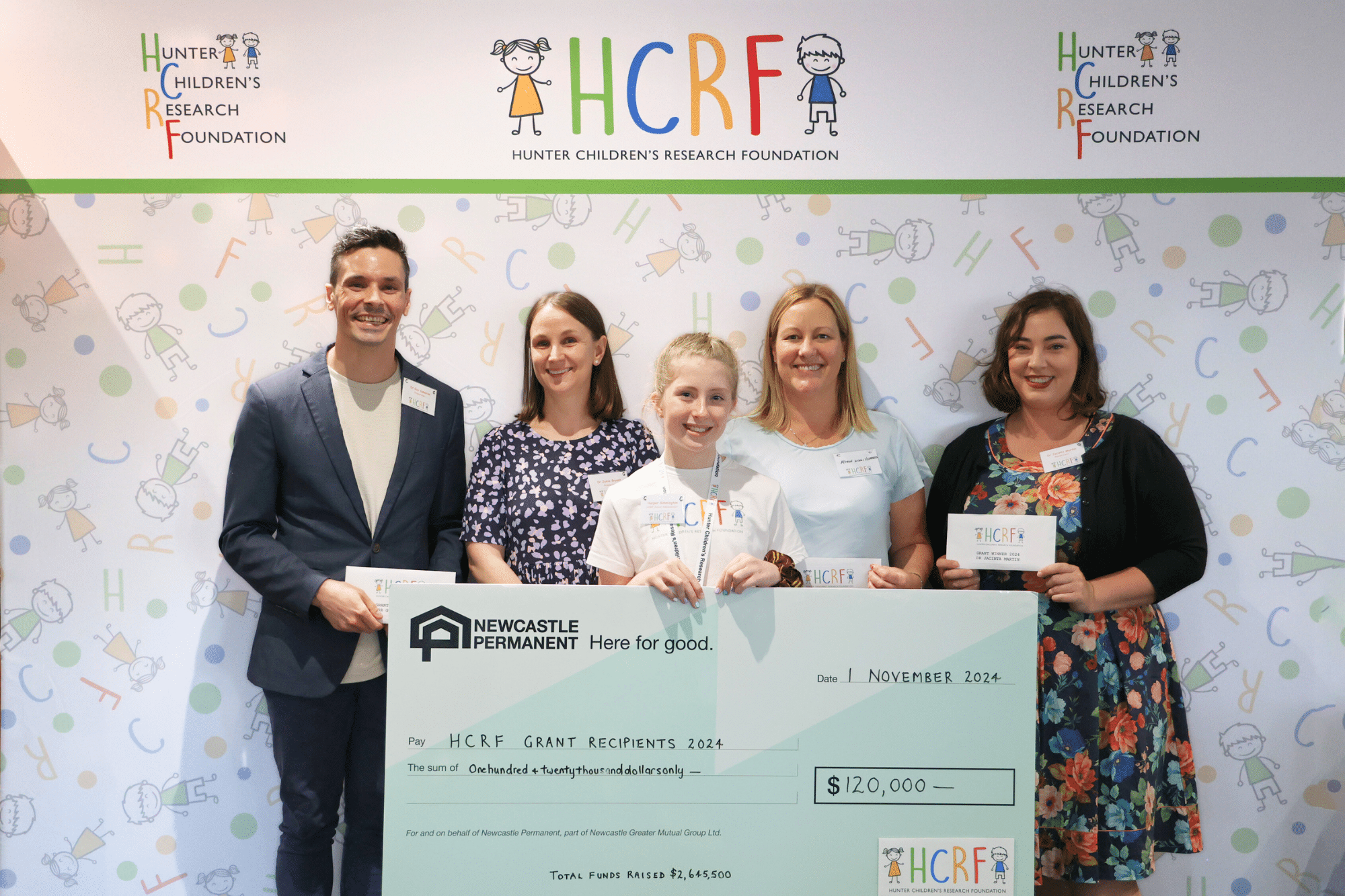Dr Kirsten Coupland studies complex brain health issues to find new treatments that can improve outcomes for patients.
Kirsten focuses on the composition and behaviour of cerebrospinal and interstitial fluid (fluid in the brain and surrounding areas) in diseases like stroke, where a clot blocks blood supply and results in brain damage. Even though this fluid is crucial in many neurological diseases, we don’t know much about it.
Dr Coupland’s research focuses on the following areas:
The role of pressure inside of the skull on stroke severity
Kirsten and her team have found that increased pressure inside the skull after stroke can change the way blood is delivered to the stroke site. It seems that this increase in pressure might be due to reduced outflow of cerebrospinal fluid from the skull.
Mimicking hypothermia to improve stroke recovery
Kirsten is exploring how hypothermia (lowering the body temperature) protects the brain after stroke and prevents increased pressure in the skull after stroke. There is a lot of evidence that hypothermia improves patient’s recovery from stroke but because of how tricky it is to implement in the hospital setting, it is not widely used. Dr Coupland is researching how hypothermia improves stroke recovery so that new drugs can be designed.
Understanding what happens in the brain following stroke
With researchers at the University of Adelaide, Dr Coupland and her team are studying the changes in protein composition of brain and cerebrospinal fluid after stroke so that caresearchers can better understand how these changes influences stroke outcomes.













